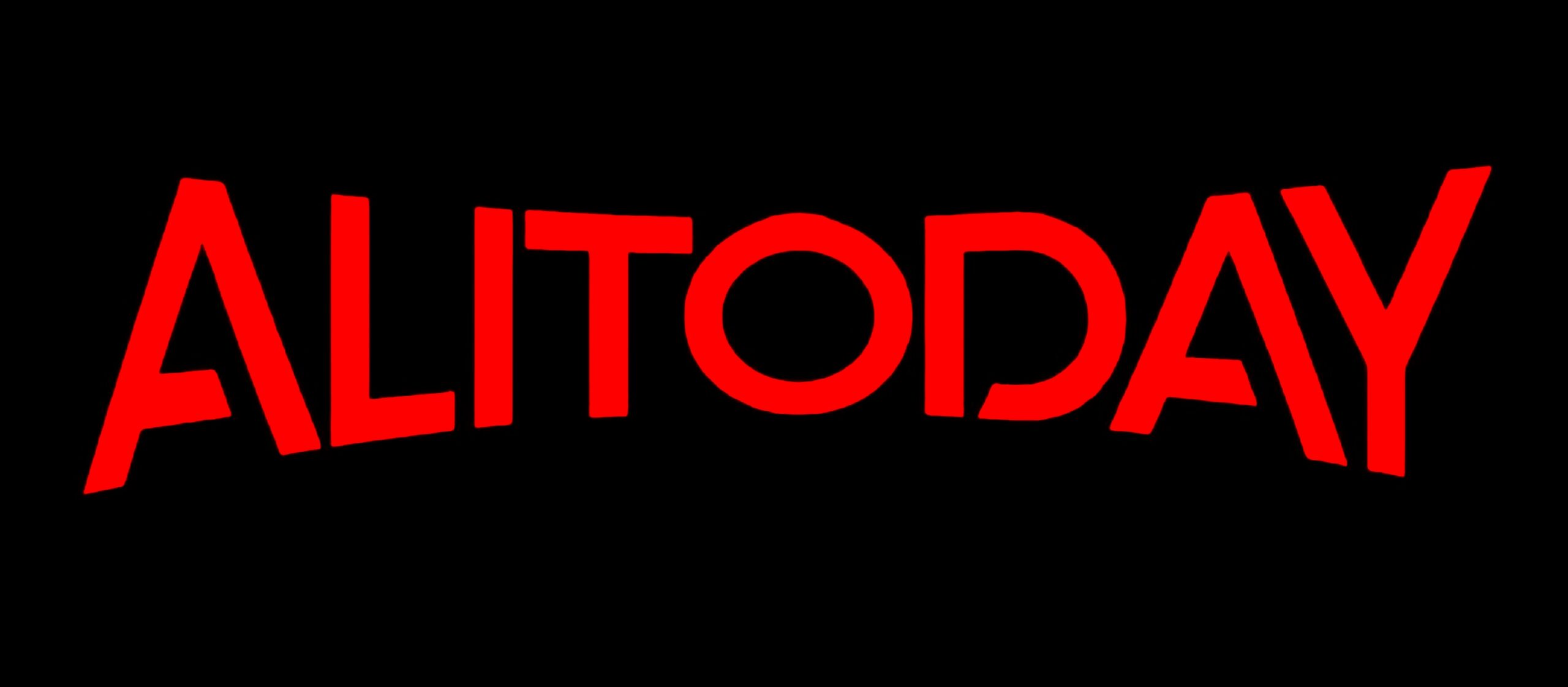An Israeli fighter jet successfully intercepted a Hezbollah drone over northern Israel today, amidst heightened preparations for potential war.
This incident follows a series of aggressive exchanges between Israel and Hezbollah, marking one of the most significant confrontations since the 2006 war.
The tension has been palpable since the assassination of a senior Hezbollah commander, Fuad Shukr, late last month, which Israel attributed to Hezbollah’s rocket attack on Majdal Shams, killing 12 Israeli youths.
This act of retaliation by Israel was anticipated to provoke a response from Hezbollah, leading to a state of high alert along the Israel-Lebanon border.
Also Read | Maldives Imposes Travel Ban on Israeli Passport Holders Amid Ongoing Conflict
Israel’s Prime Minister, Benjamin Netanyahu, said thousands of rockets were eliminated and that some were heading for the center of the country.
He warned: “This is not the end of the story.”
Early reports indicate that Israeli intelligence detected Hezbollah’s preparations for an aerial assault a week prior, leading to preemptive strikes by Israel.
Over 100 Israeli fighter jets were reportedly involved in these strikes, targeting what the IDF described as “thousands of missiles, rockets, and drones” in Lebanon. This preemptive action was in response to what Israel perceived as an imminent threat.
Also Read | Andrew Tate’s Luxury Car seized by DIICOT after recent detention
Following the Israeli strikes, Hezbollah initiated what it termed the “first phase” of its retaliation, launching over 320 Katyusha rockets and drones towards Israel, targeting 11 military sites.
This barrage was part of a broader operation which Hezbollah claimed had “completed and accomplished” its initial response to Shukr’s killing.
The Lebanese Ministry of Public Health reported three fatalities from Israeli strikes in southern Lebanon, with one death attributed to a drone attack in Khiam.
Israel, on the other hand, reported minimal damage and no significant military casualties from Hezbollah’s attacks, although there were reports of intercepted drones and rockets.
Also Read | Trump Urges Israel To “Win Fast”, Criticizes Gaza Ceasefire Calls
The escalation has drawn international concern, with the U.N. calling for de-escalation. U.S. officials have been engaged in discussions, with Defense Secretary Lloyd Austin meeting Israeli Defense Minister Yoav Gallant, focusing on regional security amidst these developments.
This incident underscores Hezbollah’s growing drone capabilities, highlighted by their use in reconnaissance and attacks, showcasing a strategic shift in warfare tactics. Israel’s response, while effective in intercepting the drone, signals its readiness to engage in broader military action if necessary.
As of now, both sides have shown restraint following the initial exchanges, with Hezbollah leader Hassan Nasrallah set to address the situation later today.
The international community watches closely, hoping for a de-escalation, especially as ceasefire talks in Gaza continue, aiming to prevent a wider regional conflict.
This incident not only highlights the ongoing military capabilities of Hezbollah but also Israel’s resolve to defend its territory, setting a precarious stage for further diplomatic or military engagements in the region.



